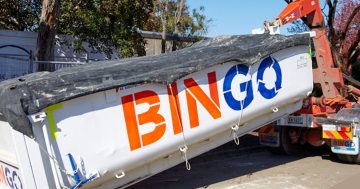 People caught committing acts of cruelty to animals are to face the harshest set of penalties in Australia as the State prepares to dramatically ramp up punishments for animal cruelty offenders.
People caught committing acts of cruelty to animals are to face the harshest set of penalties in Australia as the State prepares to dramatically ramp up punishments for animal cruelty offenders.
Minister for Agriculture, Adam Marshall said legislation introduced to Parliament this week would increase current penalties eight-fold under the Prevention of Cruelty to Animals Act (POCTA).
“Cruelty towards animals is one of the lowest acts and for too long our penalties here in NSW have lagged behind where they need to be,” Mr Marshall said.
“The new set of measures I’m taking to Parliament dramatically increase both financial penalties and gaol time and introduce new offences to stop people ever being allowed to own, care or breed animals in NSW,” he said.
“Most people treat animals with the care they deserve, but unfortunately we know there are people out there doing the wrong thing – committing heinous acts against animals.”
Mr Marshall said the changes would enable enforcement agencies to “throw the book” at people caught perpetrating cruelty offences.
“Courts will have more power to compel people to care for, or surrender their animals, as well as prevent them acquiring more animals while they face charges,” the Minister said.
“In some cases, these punishments are more than double that in most other States, so when these laws are passed, NSW will have the toughest set of animal cruelty penalties in Australia,” he said.
Mr Marshall said penalties would be increased to match community expectations and enforcement agencies, the NSW Police, RSPCA and Animal Welfare League, would work to ensure they were applied.
He said the penalties would be increased for Cruelty from a $5,500 fine to $44,000 and/or 12 months’ imprisonment for individuals and $220,000 for corporations for each individual act of cruelty; Aggravated Cruelty from a $22,000 fine to $110,000 and/or two years’ imprisonment for individuals and $550,000 for corporations; and Fail to Provide Food & Shelter from a $5,500 fine to $16,500 and/or six months’ imprisonment for individuals and $82,500 for corporations.











